Hydroseeding for Large Area Grass Establishment
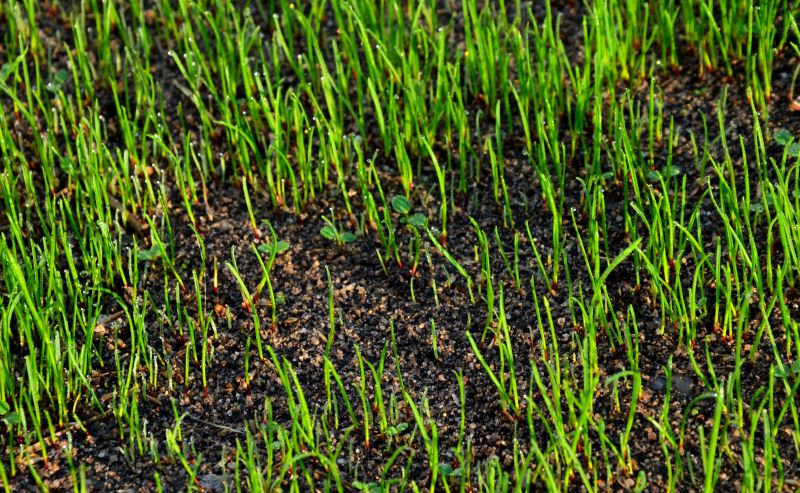
Spring is ideal for Hydroseedings due to moderate temperatures and increased rainfall, promoting seed germination.
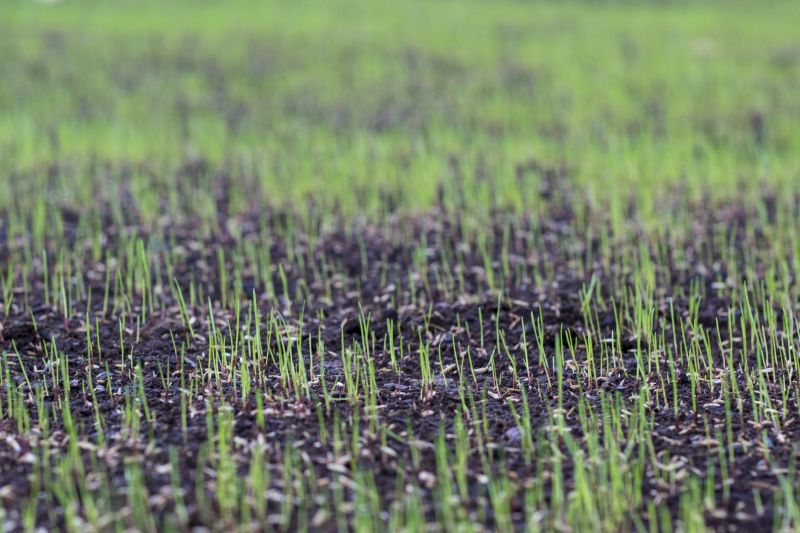
Summer offers longer daylight hours, but higher temperatures require careful timing to prevent seed drying out.
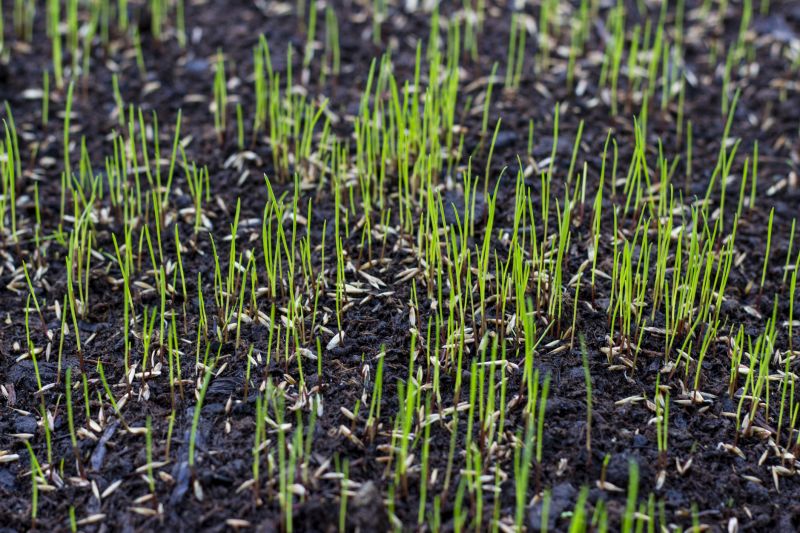
Fall provides cooler temperatures and ample moisture, making it suitable for establishing new grass before winter.
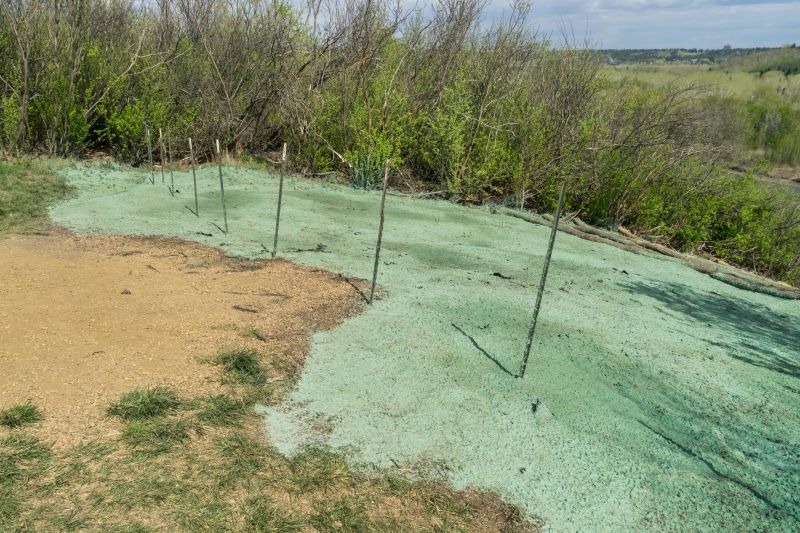
Ways to make Hydroseedings work in tight or awkward layouts.
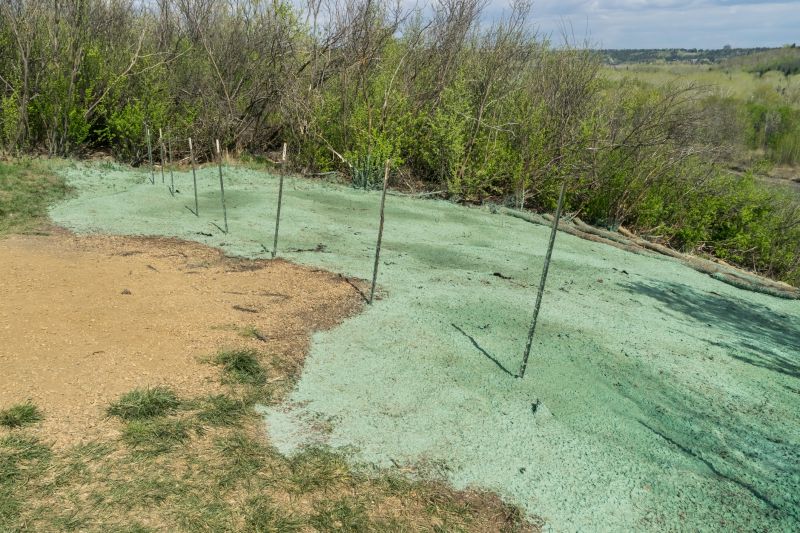
Popular materials for Hydroseedings and why they hold up over time.
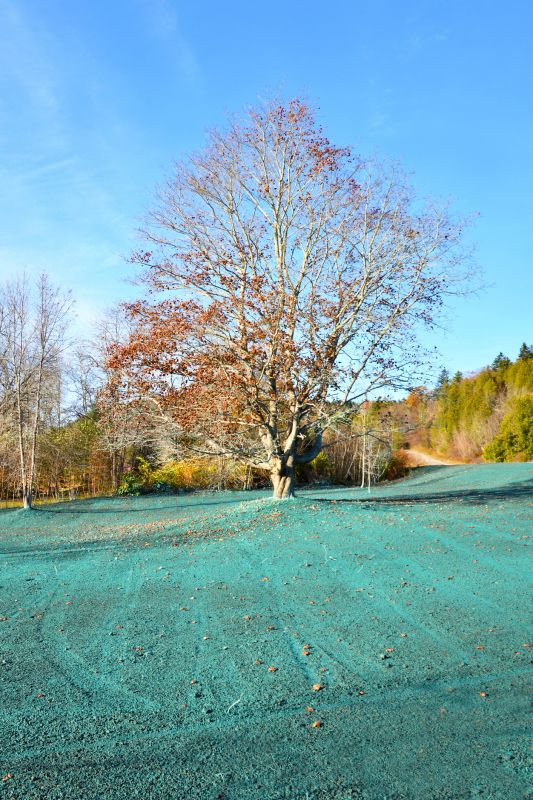
Simple add-ons that improve Hydroseedings without blowing the budget.
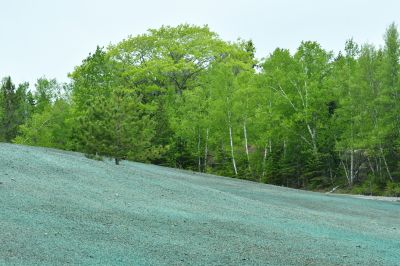
High-end options that actually feel worth it for Hydroseedings.
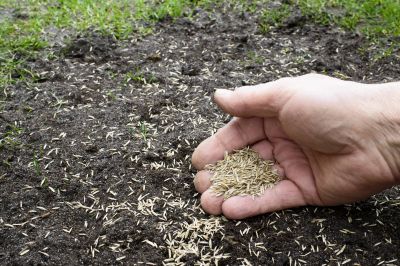
Finishes and colors that play nicely with Hydroseedings.
Hydroseedings is a popular method for establishing grass on large areas efficiently. It involves spraying a mixture of seed, mulch, fertilizer, and water to create a uniform seed bed. This technique is often used for erosion control, landscaping, and revegetation projects. The success of Hydroseedings depends heavily on timing, soil conditions, and weather patterns.
Statistics indicate that the optimal window for Hydroseedings varies by region, but generally aligns with periods of moderate temperatures and sufficient moisture. Proper timing ensures higher germination rates and healthier turf development. Typically, spring and fall are preferred seasons, with summer being suitable in cooler climates or during early summer months.
Preparing soil before the optimal seedbed conditions enhances germination success.
Avoid Hydroseedings during extreme heat or drought conditions for best results.
Adequate watering and protection support seed establishment during the critical initial weeks.
Climate variations influence the best timing for Hydroseedings in different areas.
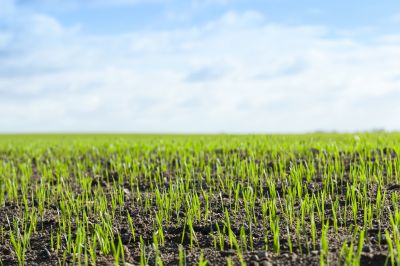
A sprayer applying seed mixture over prepared soil.
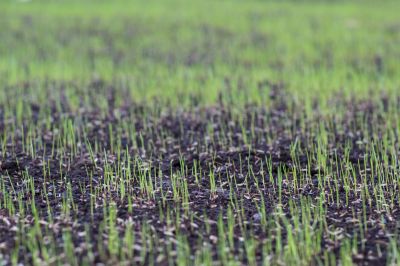
Young grass sprouting after successful Hydroseedings.
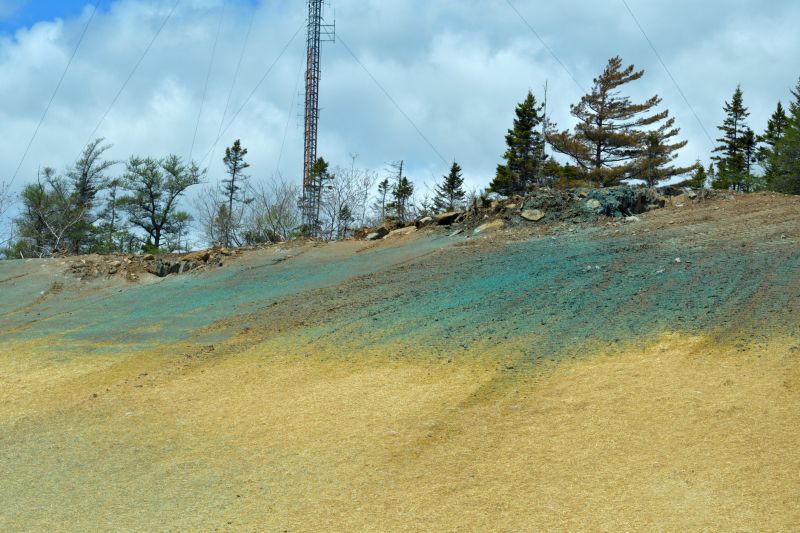
Hydroseedings used to stabilize slopes and prevent erosion.
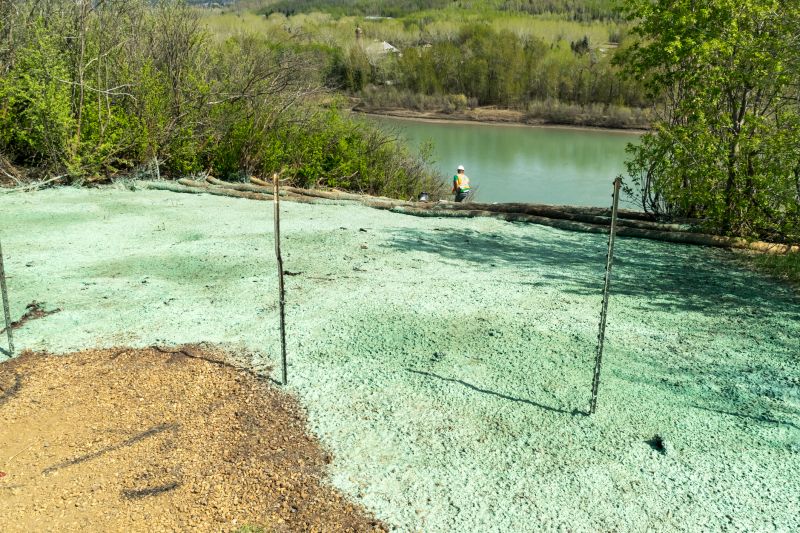
Hydroseedings applied in a large-scale revegetation project.
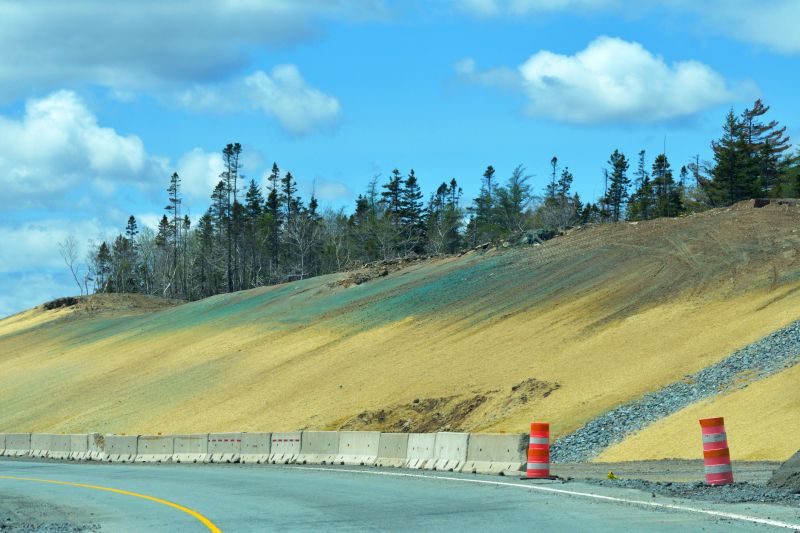
Little measurements that prevent headaches on Hydroseedings day.
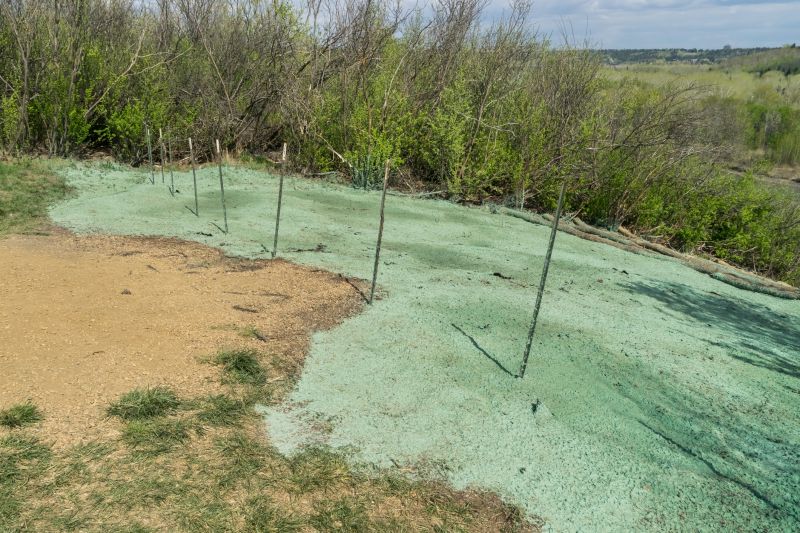
A 60-second routine that keeps Hydroseedings looking new.
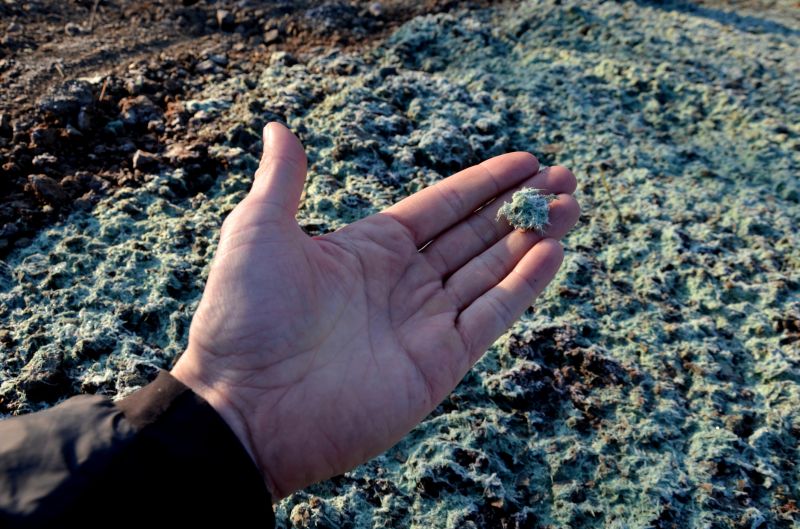
A frequent mistake in Hydroseedings and how to dodge it.
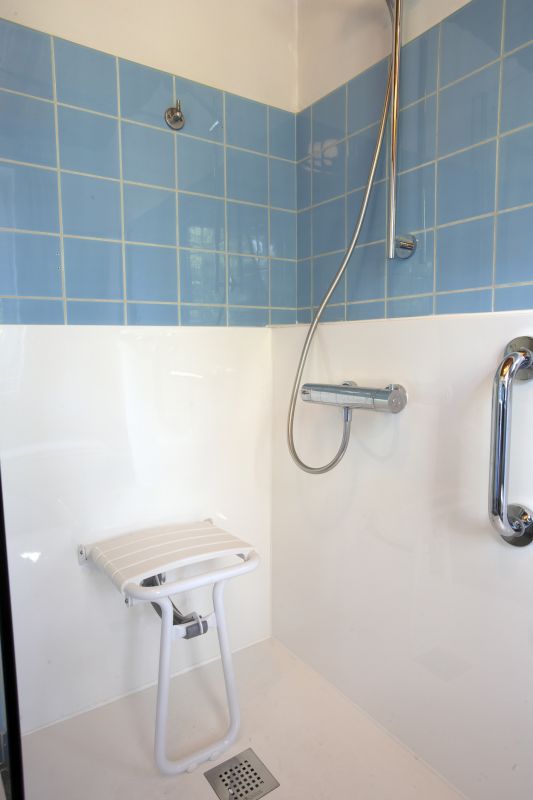
Small tweaks to make Hydroseedings safer and easier to use.
| Season | Optimal Conditions |
|---|---|
| Spring | Moderate temperatures, increased rainfall, soil ready for planting. |
| Summer | Cooler early summer months, avoid peak heat. |
| Fall | Cool temperatures, consistent moisture, before winter. |
| Winter | Generally not suitable due to cold and dormancy. |
| Regional Variations | Timing depends on local climate and weather patterns. |
Proper timing of Hydroseedings maximizes seed germination and turf establishment. Monitoring weather forecasts and soil conditions can help determine the best window for application. Early planning ensures the seedbed is prepared and conditions are favorable, leading to successful grass growth.
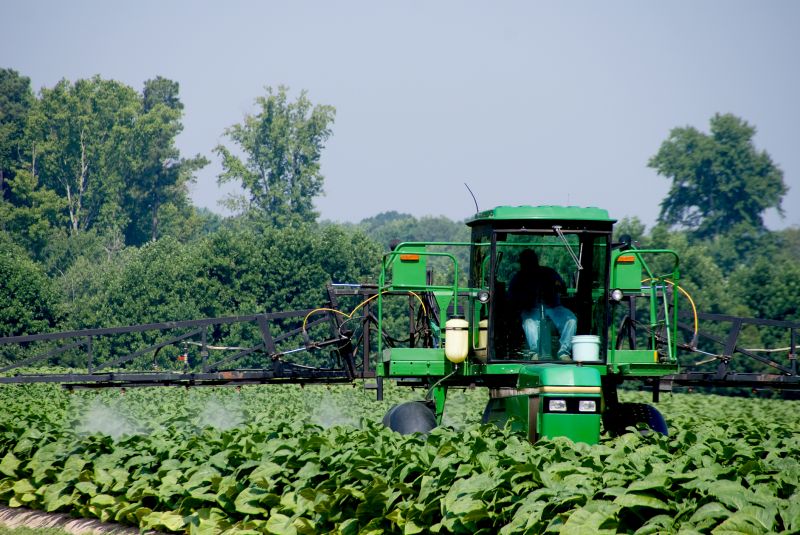
Sprayer and seed mixture ready for application.
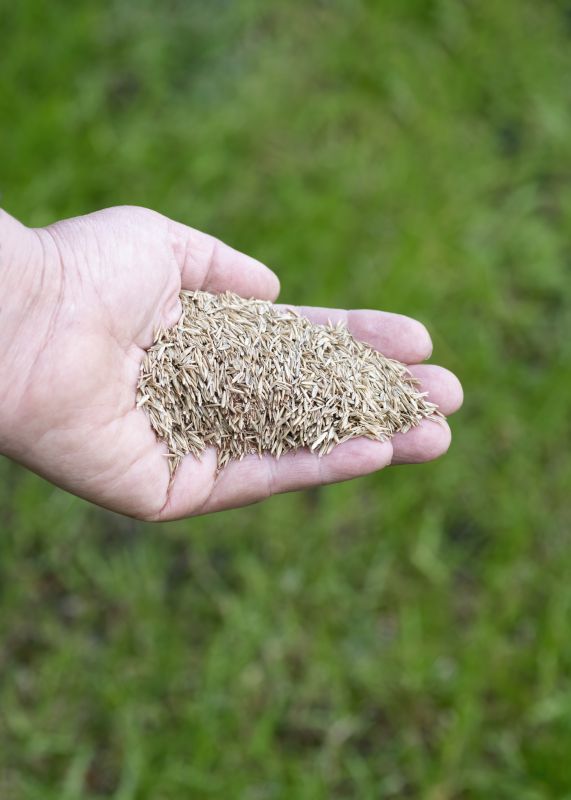
Close-up of young grass shoots emerging.
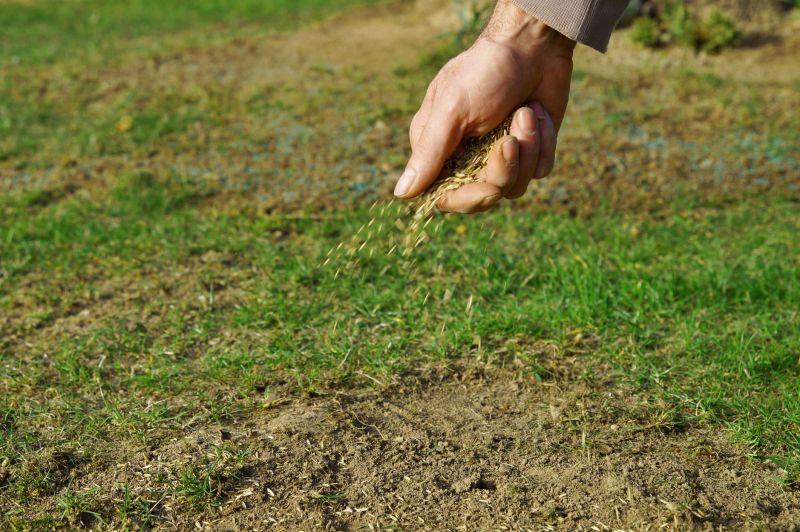
Watering and protective measures for new seed.
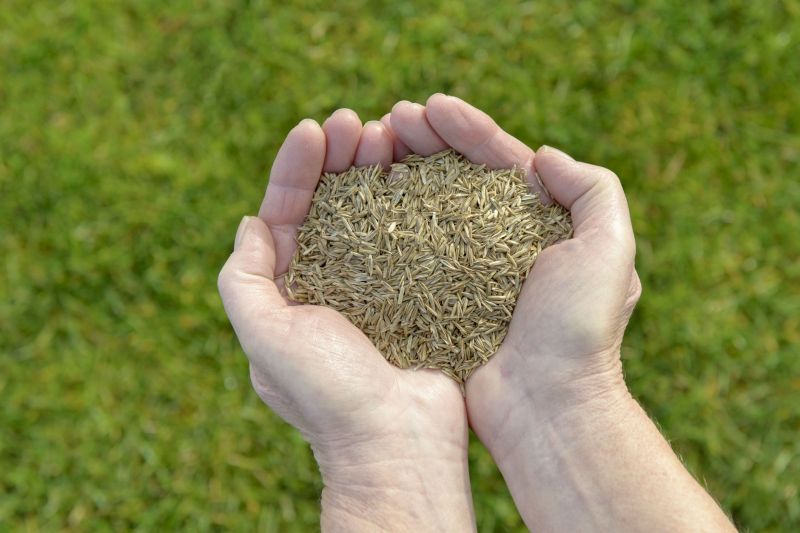
Lower-waste or water-saving choices for Hydroseedings.
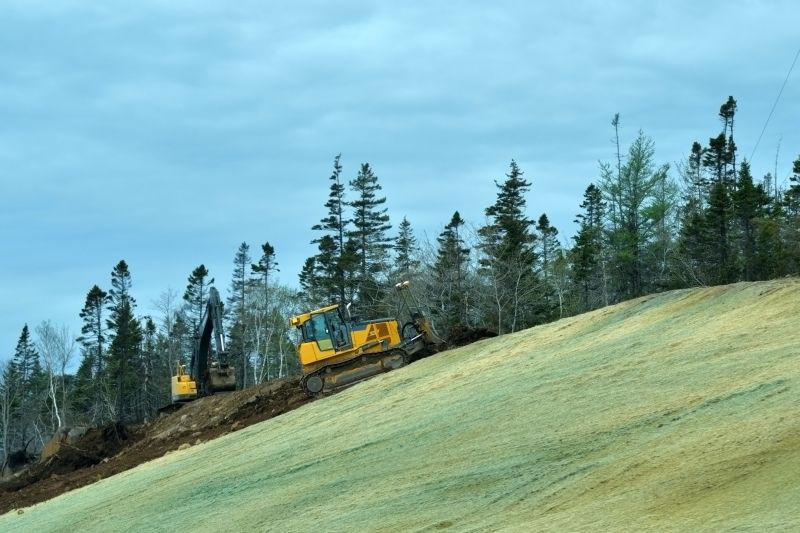
The short, realistic tool list for quality Hydroseedings.
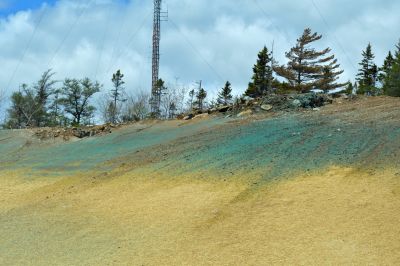
Rough timing from prep to clean-up for Hydroseedings.
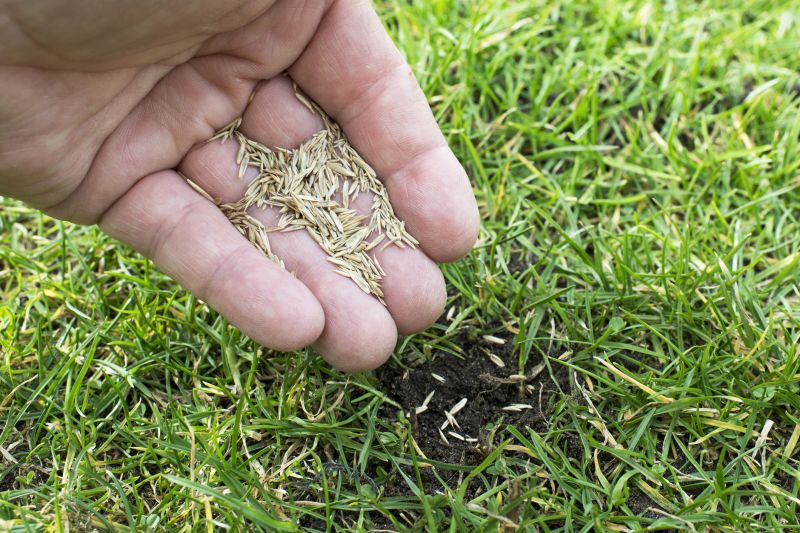
Quick checks and paperwork to keep after Hydroseedings.
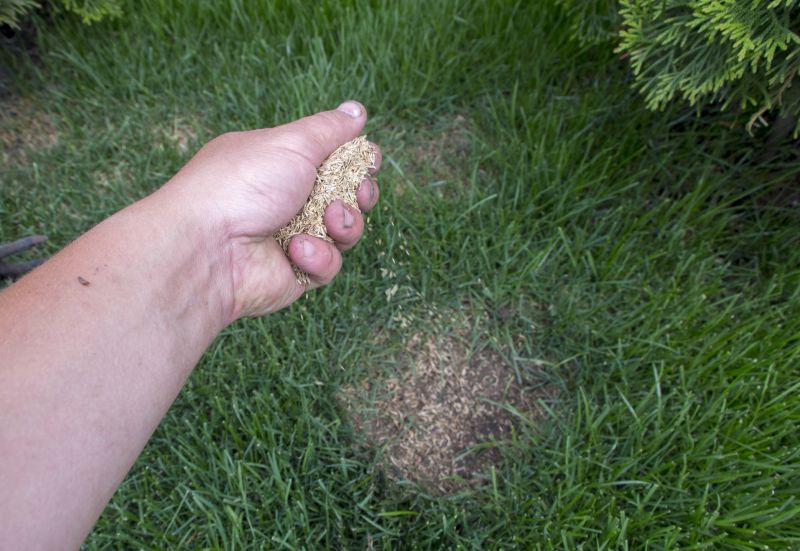
Examples that show the impact a good Hydroseedings can make.
Interested in scheduling Hydroseedings? Filling out the contact form provides an opportunity to discuss timing and project specifics to achieve optimal results.
